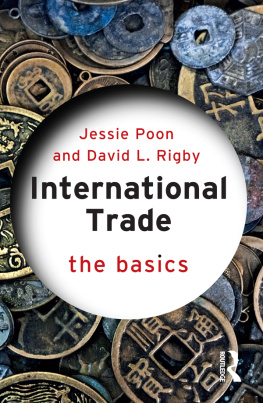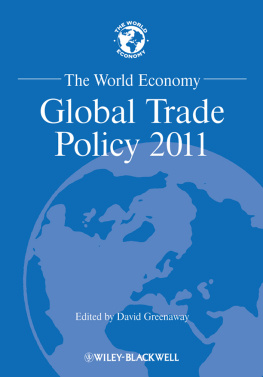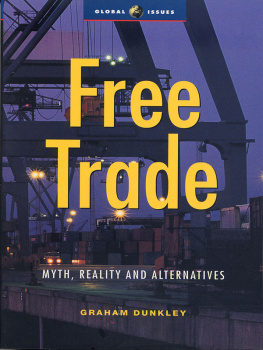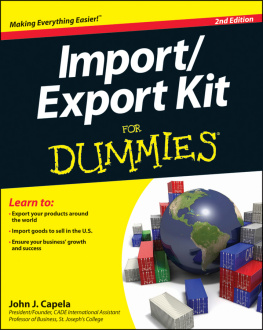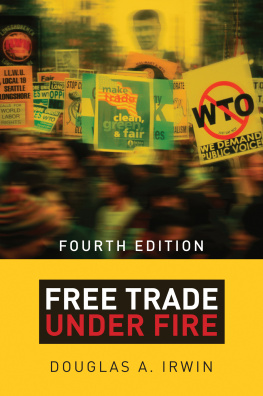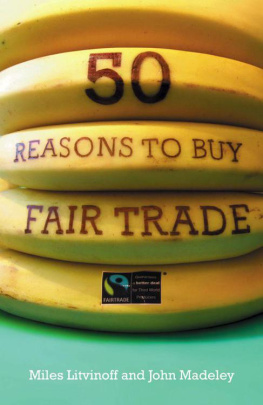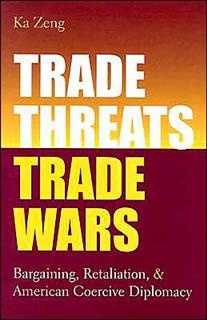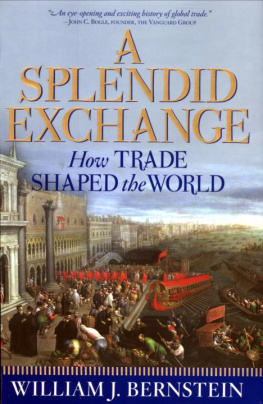Contents
Guide
A VID R EADER P RESS
An Imprint of Simon & Schuster, Inc.
1230 Avenue of the Americas
New York, NY 10020
www.SimonandSchuster.com
Copyright 2020 by Fred P. Hochberg
Pablo Neruda, United Fruit Co, from the work Canto General, Pablo Neruda, 1950 y Fundacin Pablo Neruda. English translation by Jack Schmitt, 1991 by the Regents of the University of California. Published by University of California Press. Used with permission.
All rights reserved, including the right to reproduce this book or portions thereof in any form whatsoever. For information, address Avid Reader Press Subsidiary Rights Department, 1230 Avenue of the Americas, New York, NY 10020.
First Avid Reader Press hardcover edition January 2020
AVID READER PRESS and colophon are trademarks of Simon & Schuster, Inc.
For information about special discounts for bulk purchases, please contact Simon & Schuster Special Sales at 1-866-506-1949 or .
The Simon & Schuster Speakers Bureau can bring authors to your live event. For more information or to book an event, contact the Simon & Schuster Speakers Bureau at 1-866-248-3049 or visit our website at www.simonspeakers.com.
Jacket design by Tyler Comrie
Jacket image by Fotog / Getty Images
Author photograph Martha Stewart
Library of Congress Cataloging-in-Publication Data is available.
ISBN 978-1-9821-2736-7
ISBN 978-1-9821-2738-1 (ebook)
In memory of my mother and father, who instilled the curiosity and optimism to keep looking further beyond.
And to Tom, with whom Ive exchanged more than a few four-letter wordsmostly loving ones!
Introduction
M y mother was ten years old when the specter of Adolf Hitler forced my grandparents to venture out beyond Europe to build a new life in America. After scouting out Palestine and Havana, my grandparents ultimately settled on New York. Though their visas were poised to expire during the long passage west, the American consular office in Amsterdam advised them to just get on the next boatIm sure theyll let you get off. And so they did, coming safely through Ellis Island in 1937.
My grandfather had owned a small manufacturing and retail company in Leipzig, Germany, so after settling in America he decided to open a leather goods business making pocketbooks, wallets, and other accessories on Broadway and 31st Street in New York City. My mother, Lillian, scouted out product ideas and helped my grandfather by designing items that appealed to young women like herself. After marrying my father in 1949, she decided that she wanted to earn an extra $50 per week to make life a little better. She considered herself a closet worker, since it wasnt appropriate among many of her friends to go to workback then, it signaled that your husband wasnt a good enough provider. With a reliable leather goods supplier in the family, she decided to start designing and selling handbags and belts of her own, personalized with customers initials. She wasnt thinking about global trade when, at twenty-four, she placed her first ad in Seventeen magazineshe was just thinking about how to build a better life and livelihood for herself and her family.

September 1951, back when the company that would become known as Lillian Vernon went by the name of Vernon Specialties.
It didnt take long for my mother to realize that she had tapped into something that had been missing from American life. There had been strict quotas and restrictions on leather goods during the war, and the market was hungry for the products she wanted to sell. Women were entering the workforce in record numbers, and had less time to shop in storesordering innovative products from around the world right from the comfort of their own homes proved pretty appealing. The retail and catalog business she started at our kitchen table would go on to become the first company founded by a woman to be publicly traded on the American Stock Exchange; today, that kitchen table, with many of my early scratch marks, can now be found in the collection of the Smithsonian in Washington, D.C., along with her portrait.
After finishing college and business school, I joined that company, Lillian Vernon, and my mother and I worked side by side for almost twenty years. Her vision and nose for products had laid an extraordinary foundationone that I had the opportunity to then channel into a modern, efficient company that served millions of customers every year. The experience gave me the chance not only to rapidly grow a business virtually from scratch, but to travel the world and better understand Americans desire to connect with it. As the company grew, we were always on the lookout for products that offered something different from what you would find at your local department storeand that led us to cross oceans in search of unique, innovative, affordable merchandise that hadnt yet made it to our shores. In the process, we developed a real understanding of the desires of American consumers.
My mother didnt think that we were running a global business, but, looking back on it, thats exactly what we were doing. When Richard Nixon took his famous trip to China in 1972, the Lillian Vernon Corporation was hot on his tracks. We sourced our products from around the world, and I traveled a number of times over the years to the Canton Fair to scope out the latest Chinese products that werent yet available to U.S. consumers. I recall vividly my first trip in 1981, flying in from Hong Kong to the metropolis now known as Guangzhou was a memorable experience: the city was larger even then than Los Angeles is today, yet it was pitch black on arrivalthere was very little electricity to go around. Our boarding passes were on paper as thin as tissue. The closer you got to the back of the plane, the more you noticed the rows start to inch closer and closer together; they hadnt been properly measured out. The runway would abruptly light up just before we touched down, and no sooner would we land than it would go dark again.

Catalog request advertisement that appeared in the early 1980s and showcases Lillians knack for finding innovative products in every corner of the world.
Once on the ground, however, we found creative people and innovative productseverything from covered celadon soup bowls that I still use today to pendants made from broken Ming vases (we referred to them as rescued Ming vase pendants). We met Michael Tam, an entrepreneur from Hong Kong who operated our quality assurance workshop to ensure our products met our standards of quality and were properly marked with Made in China. We worked with our partners in China to grow our business and theirs, teaming up to produce designs that catered to our customers tastes and importing and exporting to get the most out of our global connection. China would open itself up to the world in the years that followed, and it is the most incredible experience to go back todayjust a few decades after my earliest visitsand see just how dramatically the country has changed. In my first visit, the streets were filled with bicycles, then scooters, and ultimately clogged with cars. Its a reminder of everything that stands to be gained when we connect ourselves with the rest of the globeand of what stands to be lost, as well. Its a reminder of what the seemingly simple universe of imports and exports can really mean in the lives of people and the life of a country. And, most of all, it reminds me of a story I came across years ago, when I was serving as the chairman and president of the Export-Import Bank of the United States. Its a story I used to tell small business entrepreneurs who were thinking about expanding their reach beyond Americas bordersand its one that Id like to share with you.


